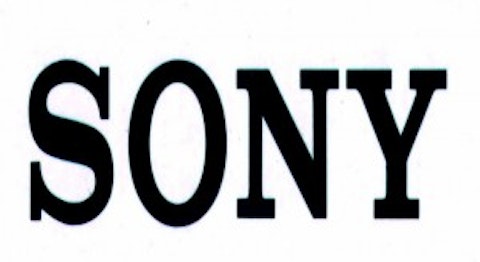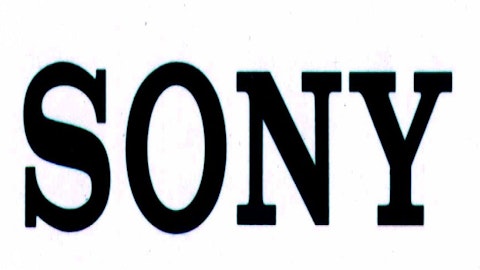
While Japan is well known as having a conglomerate-friendly culture highly resistant to shareholder activism, the current government has included deregulation and business reform- or at least calls for them- as one component of its revitalization strategy alongside fiscal and monetary stimulus. Loeb’s bold move will serve as a signal of how serious Japan is about adapting its style of capitalism to a more Anglo-American model. Third Point claims ownership of over $1 billion in stock counting swaps, which would make it Sony Corporation (ADR) (NYSE:SNE)’s largest shareholder. See what stocks Third Point owned at the end of December.

Sony as a whole was profitable in its last fiscal year, but only narrowly so. Diversified entertainment and media companies include The Walt Disney Company (NYSE:DIS), Time Warner Inc (NYSE:TWX), and News Corp (NASDAQ:NWSA). News Corp (NASDAQ:NWSA) is going through its own breakup, but even so we can see that all three of these companies have considerably higher operating margins than Sony does as a whole- operating income over the last year was 16% there, and just over 20% at the other two companies. EBITDA multiples fall roughly in the range of 10x to 12x; Third Point, meanwhile, estimates that current valuation of Sony Entertainment at 8 times current-year EBIT (and therefore at an even smaller multiple of EBITDA). As such Loeb believes that the combination of improved margins and a multiple closer to that of industry peers- both of which could come from being an independently traded stock with management directly incentivized to improve performance- could create significant shareholder value.
Other hedge funds haven’t been very interested in Sony Corporation (ADR) (NYSE:SNE) recently. We track over 400 hedge funds and other notable investors in our database of 13F filings as part of our work developing investment strategies (we have found, for example, that the most popular small cap stocks among hedge funds outperform the S&P 500 by an average of 18 percentage points per year) and the largest holder of the stock at the beginning of this year was Arrowstreet Capital. Arrowstreet owned 1.2 million shares, which only came out to a position worth $14 million compared to its $25 billion in AUM (find Arrowstreet’s favorite stocks). The only other filer we track to own over $10 million worth of Sony stock was Renaissance Technologies, founded by billionaire Jim Simons (check out Renaissance’s stock picks).
As might be expected, management has at least opened by rejecting Loeb’s suggestion. The activist has won these battles before, but of course this one comes with the added complication of being in Japan and having to deal with the associated issues. We’re hesitant to take the government’s promises to open up business to a more freewheeling capitalist system, and in any case cultural factors could prove to be even larger hurdles. We do agree with Loeb that there is value potential here- assuming that he’s correctly evaluated the implied value of Sony Corporation (ADR) (NYSE:SNE) Entertainment- but it might not be wise to stake capital against decades of Japanese business history.
Disclosure: I own no shares of any stocks mentioned in this article.




